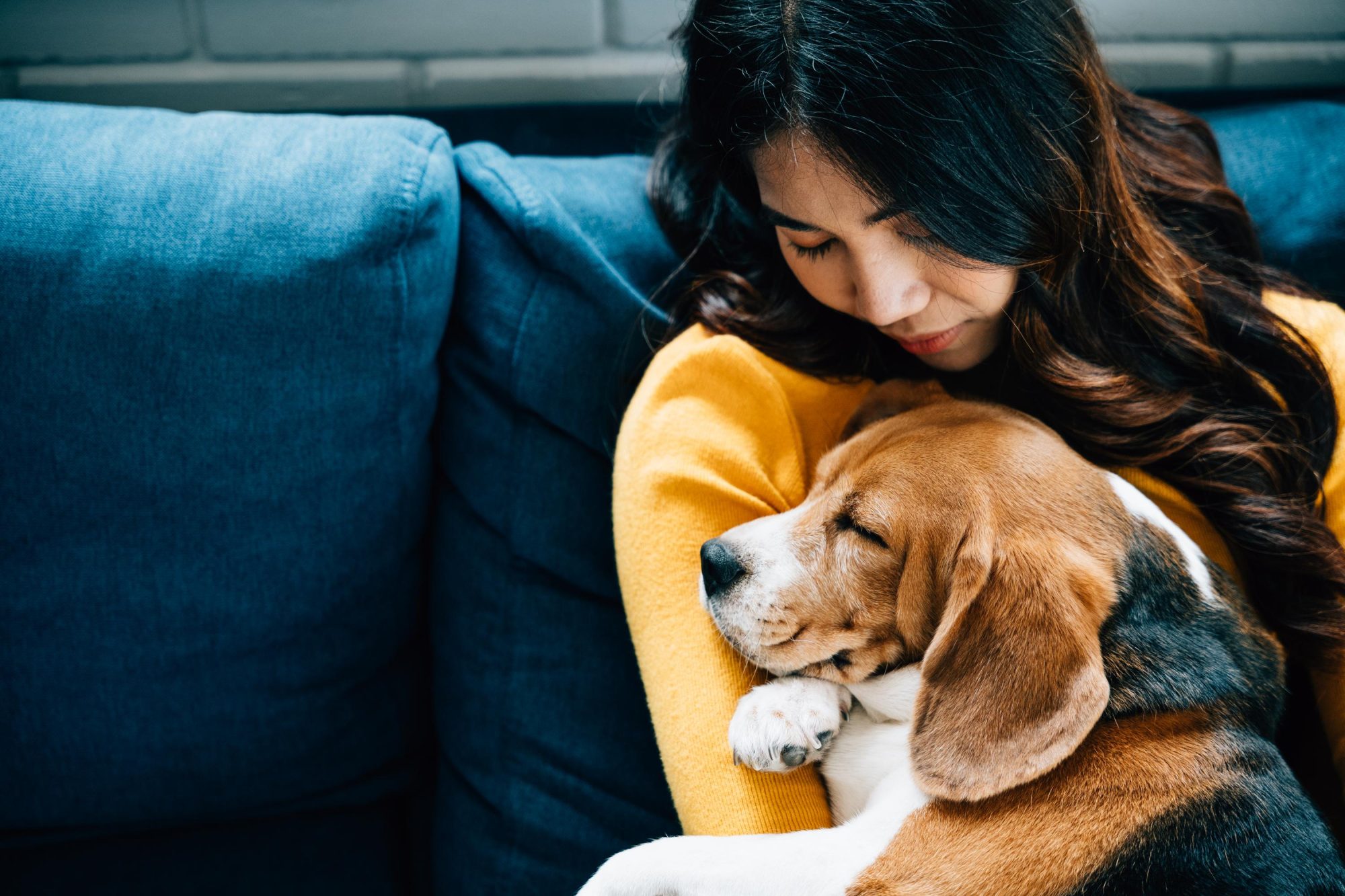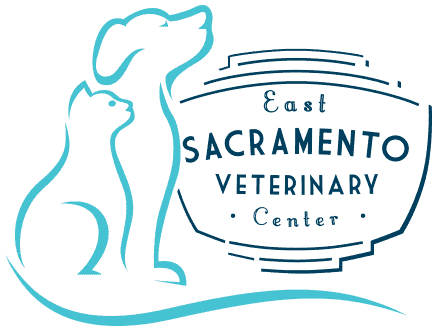Why is My Dog Not Eating?

Our pets thrive on a daily routine, and dogs in particular seem to know exactly when it’s mealtime. So when a dog is not eating, it’s understandable why this would be concerning. There are many reasons why a dog might turn his nose up at his food bowl, and not all of them indicate serious illness. Still, when a dog is not eating, it’s important to rule out medical conditions before they progress.
In this blog, our team at East Sacramento Veterinary Center outlines common causes of appetite loss in dogs to help pet lovers find solutions.
Medical Causes of Appetite Loss in Dogs
Many different medical conditions could cause appetite loss in dogs. Here are some of the common ones:
Digestive issues: Anything that impacts the gastrointestinal tract, including Parvo, constipation, inflammatory bowel disease, an upset tummy, and an obstruction caused by a foreign object can cause appetite loss.
Dental problems: Painful periodontal disease or broken or loose teeth can make a dog reluctant to eat.
Illness: Kidney failure, liver problems, pancreatitis, certain cancers, and parasitic infections like heartworms can diminish a dog’s appetite.
Joint problems: An injury, hip dysplasia, or the pain and stiffness of arthritis can make it uncomfortable for dogs to walk to their food bowls and lower their heads to eat.
Medication side effects: It’s not unusual for a new medication to cause a decreased appetite.
Behavioral Changes
Sometimes, an emotional or mental health condition can be the reason for a dog’s loss of appetite. Examples of behavioral changes that can cause appetite loss include:
- Fear
- Separation anxiety or generalized anxiety
- Stress
- Cognitive decline in senior pets
Environmental Causes of Appetite Loss
Has something significant changed in your dog’s surroundings? Our pets are creatures of habit, so new and unusual people and places can impact a pet’s appetite. Do any of the following circumstances sound familiar?
- Made changes to your dog’s diet
- Moved to a new home
- Home undergoing construction
- Houseguests
- New baby
- Adopted another pet
- Rearranged the furniture
- Moved the food and water dishes
What Should I Do if My Dog is Not Eating?
If your dog is still drinking water and acting normal, provide extra TLC and see if the appetite returns in a day or two. But if the dog’s lack of appetite persists, or if it’s accompanied by other signs of illness such as vomiting, diarrhea, or lethargy, contact your veterinarian for an examination. If your dog has a known health condition like diabetes and is refusing to eat, don’t wait. Contact your veterinarian immediately.
We know it can be worrisome when our pets seem “off.” Please don’t hesitate to contact us at (916) 737-5670 if your dog’s appetite loss has you concerned.
